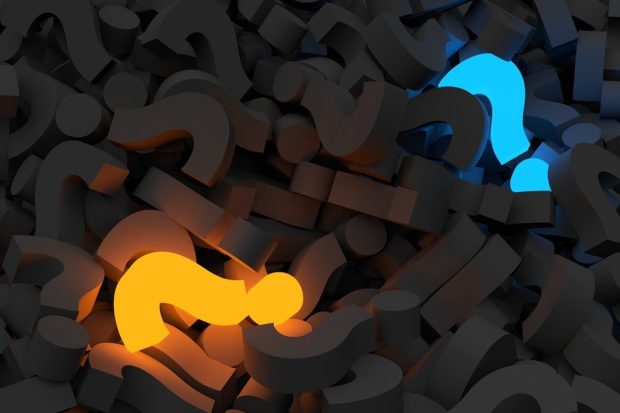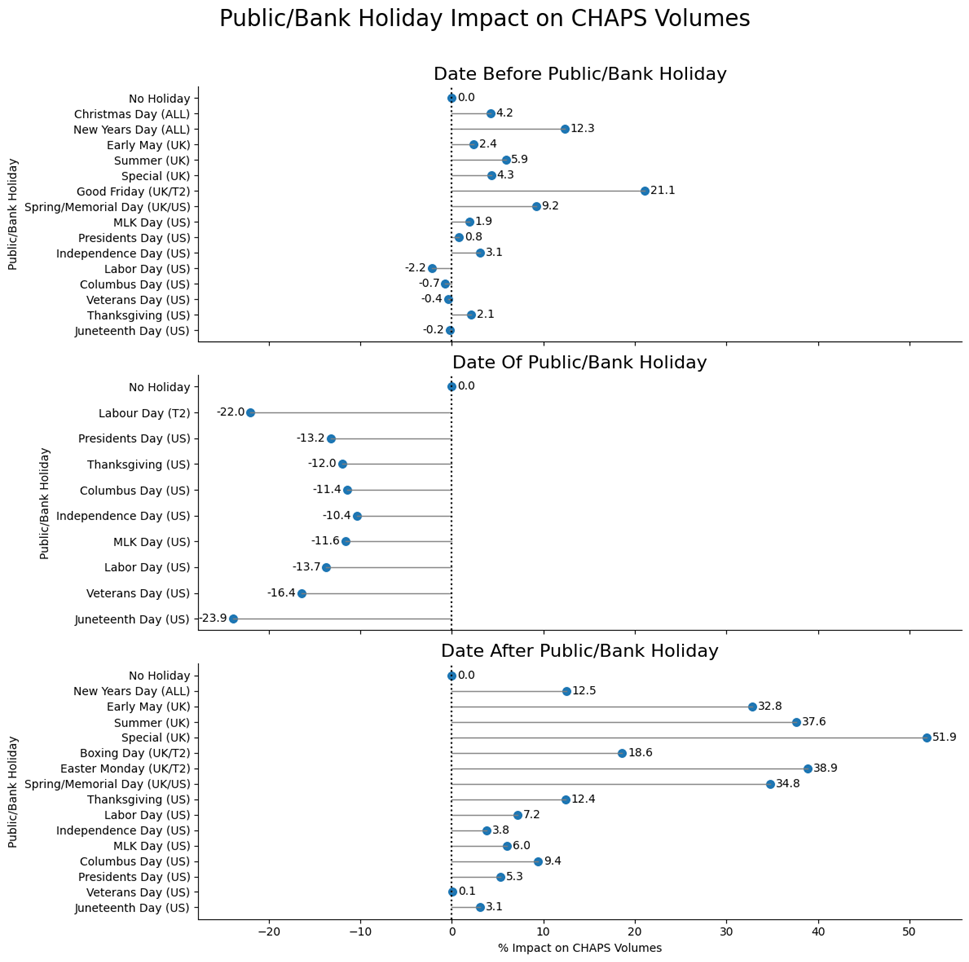Humanity has always sought to define, measure, and understand the world around us. Time, space, identity, and reality—these concepts shape our lives, give structure to our days, and tether us to a collective understanding of existence. But what if these constructs are more fragile than we think? What if, by measuring and labeling, we limit the very essence of our experience?
Let’s peel back the layers of what we “know” and ask ourselves some thought-provoking, stimulating questions.
If Humans Didn’t Measure Time, Would We Grow Older?
Time is one of the most fundamental aspects of human reality. We live by calendars, clocks, and deadlines. But what is time, really? It’s not something we can touch or hold—it’s a construct we invented to organize experience and predict change.
If we didn’t measure time, would we perceive aging the same way? Would wrinkles and gray hair still signal “getting older,” or would they simply be different states of being? In cultures where age is celebrated rather than dreaded, people often report feeling younger. This raises the question: Does the way we measure and think about time accelerate the aging process? Could removing the concept of time shift our perception of life itself?
Are We Truly Separate Individuals—or Are We One Collective Organism?
We see ourselves as distinct beings, separated by skin and bone, with unique minds and experiences. But what if this separateness is an illusion?
Consider the concept of the “hive mind” in ants or bees. They operate as a collective, each individual fulfilling a role in service of the whole. Now think about humanity: we share resources, ideas, cultures, and emotions. The internet has connected us in ways that mimic a global brain, exchanging information at lightning speed.
If consciousness exists on a spectrum, could it be that we’re all part of a singular, collective organism? If so, what happens to the concept of individuality? What if “I” is just a temporary illusion designed to help the larger system function?
What If Reality Itself Is a Simulation?
The idea that reality might be a simulation isn’t just science fiction anymore. Philosophers and scientists like Nick Bostrom have argued that, statistically speaking, it’s more likely than not that we’re living in a computer-generated universe.
If this is true, every experience we’ve had—the taste of coffee, the warmth of the sun, the ache of heartbreak—could be nothing more than programmed data. But here’s the paradox: if our experiences feel real to us, does it matter if they’re “real” in an absolute sense? What if the purpose of life isn’t to question the code, but to live fully within it?
Is Free Will an Illusion?
Every choice we make feels like it’s ours, born of free will. But neuroscience has repeatedly shown that decisions are often made in the subconscious brain before we consciously realize them. Are we really in control, or are we passengers in a complex machine of biology and environment?
If free will is an illusion, how does that change our understanding of morality, accountability, and purpose? Would we feel liberated by this knowledge, or trapped in a deterministic system?
Do We Shape the Universe, or Does the Universe Shape Us?
Quantum mechanics teaches us that the act of observation affects reality. Electrons behave differently when they are being watched. This suggests that consciousness isn’t just a passive observer of the universe—it’s an active participant.
If our minds can influence matter at the quantum level, what does that mean for our ability to shape reality? Are we far more powerful than we’ve ever imagined? Conversely, what if the universe is shaping us, nudging our thoughts and actions to fit into its grand design?
What If Death Is Not the End?
Most human fears revolve around the concept of death—the ultimate unknown. But what if death isn’t the end of consciousness?
Consider this: when we sleep, our consciousness doesn’t disappear; it shifts into a dream state. Could death be a similar transition, from one form of existence to another? Some physicists suggest that energy cannot be destroyed—only transformed. What if our consciousness is energy that simply takes on a new form?
What If Language Limits Reality?
Language is how we define the world. But what if it’s also how we limit it? There are concepts that don’t exist in some languages—emotions, ideas, and sensations that can’t be translated.
If we didn’t have words like “failure” or “regret,” would we feel those things as deeply? If we had more words for love, could we express it in richer ways? What if reality isn’t limited by what exists, but by what we can describe?
Is Our Perception of Reality Just a Mirror of Ourselves?
Finally, what if the world we see is simply a reflection of who we are? When we feel joy, the world seems brighter. When we’re angry, everything looks hostile.
Could it be that reality itself doesn’t exist independently, but only as a projection of our inner state? If this is true, changing the world might be as simple—and as complex—as changing ourselves.
Let’s Deep Dive into The Mysteries of Sleep: Does Our Consciousness Return to the Source?
Sleep is one of the most mysterious and fascinating aspects of human existence. Every night, we willingly surrender to an unconscious state, slipping into a realm where time, logic, and physical reality seem to dissolve. But what happens to “us” when we sleep? Does our consciousness merely rest, or does it travel beyond the physical? Could sleep be more than a biological necessity—perhaps a spiritual journey back to our “source”?
Let’s explore these intriguing possibilities.
The Nature of Consciousness: Where Do We Go When We Sleep?
To understand what happens during sleep, we must first grapple with the nature of consciousness. Our waking self is defined by thoughts, memories, and sensations, all of which seem to dissolve when we sleep. Yet, even in the deepest stages of sleep, our body continues to function. The heart beats, the lungs breathe, and the brain remains active.
But what about our sense of “self”?
In the rapid eye movement (REM) stage of sleep, we dream—a state where the subconscious mind weaves together images, symbols, and emotions. During non-REM sleep, however, there’s little to no mental activity. This absence of conscious thought raises a profound question: Where does our sense of self go during these moments of total stillness?
Sleep as a Return to the Source
One theory is that sleep serves as a kind of homecoming—a temporary return of our consciousness to its original source. In many spiritual traditions, the “source” is described as an infinite field of energy, love, or universal consciousness. This source is often considered the origin of all existence and the ultimate destination of our souls after death.
If our waking consciousness is an individual expression of this source, then sleep might be the process through which we reconnect with it. Just as a cell phone must return to its charger to replenish its battery, perhaps our consciousness must return to the source to recharge its energy.
This idea could explain why sleep is so essential. Without this nightly return, our minds and bodies deteriorate. Prolonged sleep deprivation leads to confusion, hallucinations, and eventually death. Is it possible that sleep is not just rest but a spiritual necessity—our lifeline to something greater than ourselves?
Dreams: Messages from the Source?
If sleep reconnects us to the source, what role do dreams play?
Dreams often feel symbolic, otherworldly, or even profound. They may serve as a kind of communication between the source and our waking consciousness. Some dream experts believe that dreams help us process unresolved emotions or provide guidance for our waking lives. In this context, dreaming could be a way for the source to “download” wisdom or healing into our subconscious.
This might explain why certain dreams feel transformative, as if they’ve imparted a sense of clarity or peace. Could dreams be the language of the source, spoken in symbols and metaphors?
Sleep as a Portal to a Parallel Reality
Another possibility is that sleep allows our consciousness to explore realms beyond the physical. In some spiritual philosophies, such as those found in astral projection or lucid dreaming traditions, sleep is viewed as a gateway to other dimensions.
If our consciousness is not bound by the physical body, then sleep might provide the freedom to explore alternate realities or levels of existence. Some people report profound experiences during sleep—meeting deceased loved ones, visiting unfamiliar landscapes, or gaining insights they couldn’t have conceived while awake.
Are these experiences mere dreams, or do they hint at a deeper reality that our waking minds cannot access?
The Biological Connection: Why We Cannot Survive Without Sleep
On a purely biological level, sleep is essential for maintaining the health of the brain and body. During sleep, the brain clears out waste products, consolidates memories, and resets neural networks. The body repairs tissues, strengthens the immune system, and restores energy.
But why is the biological repair process tied to the unconscious state of sleep? Could it be that the physical body can only heal itself when the “self” or consciousness steps aside? If the source is the ultimate origin of life’s energy, perhaps our nightly reunion with it is what powers the body’s ability to renew itself.
Sleep and Death: Parallels and Insights
The connection between sleep and death has fascinated humans for centuries. Many spiritual traditions describe death as a “long sleep” and sleep as a “little death.” Both involve a surrender of the self, a dissolution of individuality, and a journey into the unknown.
If sleep is a temporary return to the source, perhaps death is a permanent one. While sleep allows us to recharge and continue our physical lives, death might allow us to fully reunite with the source, shedding the limitations of the physical body altogether.
What Does This Mean for Us?
If sleep is more than rest—if it is a spiritual or energetic homecoming—how might this change the way we approach it? Could we learn to see sleep not as a mundane necessity but as a sacred practice, an opportunity to reconnect with the infinite?
Perhaps the rituals around sleep could take on greater significance. Meditation or mindfulness before bed might help us approach sleep with intention, creating a more meaningful connection with the source. Similarly, paying attention to our dreams could offer insights into our inner lives and the universe itself.
The Challenge of Staying Curious
The mysteries of sleep remind us that much of human experience remains unexplained. While science provides valuable insights into the biological functions of sleep, the spiritual and existential dimensions remain open to exploration.
So tonight, as you drift off to sleep, consider this: What if you are not just resting your body but embarking on a journey back to the source? What if, in those quiet hours, you are recharging not just your mind but your soul?
It’s a humbling and thrilling thought. Sleep well—and dream deeply.
Conclusion: The Challenge of Questioning Reality
Asking these questions isn’t about finding definitive answers—it’s about expanding the way we think. By questioning the assumptions we’ve been handed, we open the door to new possibilities.
So, here’s your challenge: Spend a day—or a lifetime—examining the constructs that define your reality. What rules do you live by that might not actually exist? What truths have you accepted without questioning?
Reality might be far more malleable than we think. And if that’s true, imagine the freedom and creativity that could come from reshaping it.
What will you create?
Publisher: Source link











